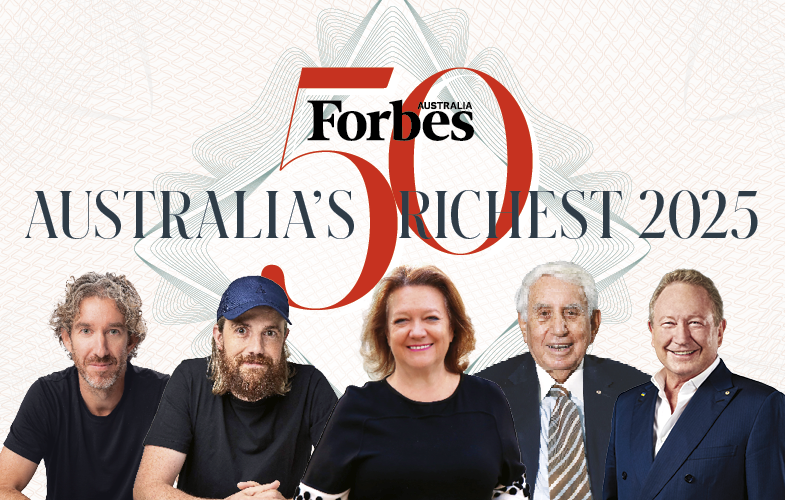Start-ups sealed a deal a day over the second quarter of this year, signalling that the “fog of fear” that had engulfed the start-up world was starting to lift.

Key Takeaways
- In Q2, Australian startups announced $810 million in capital raised across 90 deals.
- Despite a small resurgence, start-up funding in Australia has seen its most sluggish start since 2019, recording $1.5 billion in the first half of 2023.
- AI continues to excite investors but it’s yet to translate to large funding into start-ups.
- Female founder deal participation is at a record high – except for Series A, which hit a five-year low.
Venture capitalists had a “significant mood shift” in the second quarter of this year, according to the latest survey of Australian VCs by Cut Through Venture.
“The fog of fear and uncertainty looming over local and global markets in the latter half of 2022 and Q1 2023 appears to have lifted,” said Chris Gillings of Cut Through Venture which compiled the report.
It surveyed more than 150 venture capital funds, investors and family offices on what they’d invested and their market outlook.

Despite the improvement in mood, the report found that for the first half of the year, Australian start-up funding had its most sluggish start since 2019, recording $1.5 billion in investments. “This figure represents just one-third of the funding achieved in the corresponding period of 2022,” the report said.
In a sign of growing buoyancy, however, the second quarter surpassed Q1 in total deals and capital raised.
The funds admitted to raising $810 million across 90 deals in the three months to June 30, up more than 20 per cent on the previous quarter. Cut Through noted that the actual number would be higher because some investors had chosen to stay under the radar, but their figures would be revealed in later corporate filings and would further boost the results relative to previous years when eventually added.
The Biggest Deals of Q2
| Company | Industry | Funding |
|---|---|---|
| Saluda | Biotech/Medtech | $150m |
| Fleet | Space/Aviation/Defence | $50m |
| Eucalyptus | Healthtech | $50m |
| Stacked Farm | Food/Beverage | $40m |
| Constantinople | Fintech | $32m |
| Fivecast | Cyber | $30m |
| me&u | Fintech | $30m |
| ImmVirX | Biotech/MedTech | $25m |
| Lyka | Consumer | $25m |
| Novalith | Climate/Clean | $23m |
| Propeller Aero | Hard/Robots | $23m |
| Adventus.io | EdTech | $22m |
| Splend | Trans/Logistics | $20m |
| Eyetelligence | AI | $18m |
| Kinaltek | Other | $15m |
| Checkmate | MarTech | $15m |
| Midnight Health | Healthtech | $15m |
| Cortical Labs | Hard/Robots | $15m |
During the first quarter of this year, 40% of funds said funding conditions were unfavourable whereas that figure had dropped to 29% in the most recent quarter.
Sixty-four per cent of investors do not expect to change their investment approach due to the potential threat of a recession.
Forty-Eight per cent of investors said their portfolio was in ‘good shape’ or better.
“For the second straight quarter, investors remain giddy with excitement over AI, but that has yet to translate to large fund flow into pure-play AI startups,” the report noted. “Meanwhile, Fintech, Healthtech, and Climate/CleanTech have secured positions among the top five most-funded sectors for five consecutive quarters.
“Female founder deal participation is at a record high across all stages, except for Series A, which hit a five-year low. The actual number of funded female founders in Q2 is lower than the 2021-22 peak due to fewer deals being made. Median deal sizes for female-founded startups remain stubbornly lower than those for all-male teams.”
And while deal sizes are shrinking since their 2021 and 2022 highs, pre-seed funding has bucked the trend.
For the last five quarters, pre-seed deals have been getting larger.
“As quality late-stage opportunities wane, many VC funds are pivoting towards earlier stages, directly competing with angel investors,” the report notes. “Given their minimum investment requirement per deal, these funds are naturally driving up early-stage deal sizes.”
Professional investors had moved past the uncertainty that previously dominated the market, Gillings said in the report. “Instead, they have adopted a measured investment approach, with detailed diligence underpinning each investment decision.
“This diligence extends beyond meeting founders to include interactions with the entire management team and customers, evaluations of customer feedback and competitors, and careful scrutiny of financial plans.”
He said a “compelling business case now only forms part of the investment decision” and that deal terms were becoming more “thoughtful”. “For the good actors amongst us, these terms strike a balance between ensuring the founders’ potential success and personal gains and the interests of the fund’s financial backers, ideally, without overcomplicating deal terms.
“This investment approach has inevitably resulted in a slower pace of deal-making, regardless of the quality or performance of the startup. However, it offers considerable advantages. For investors and founders, this measured pace reduces the likelihood of surprises, ensures alignment between all parties, and establishes a foundation of trust essential for any long-term relationship.”


